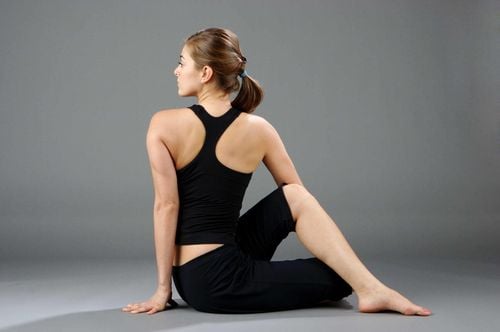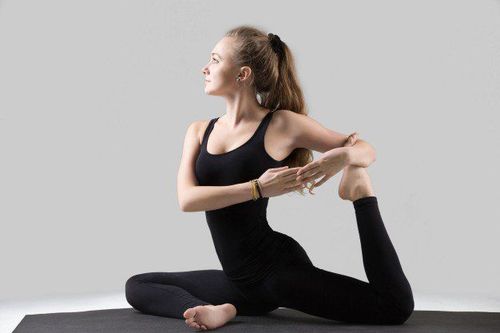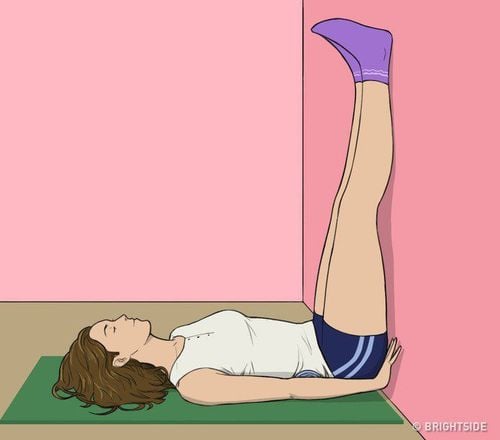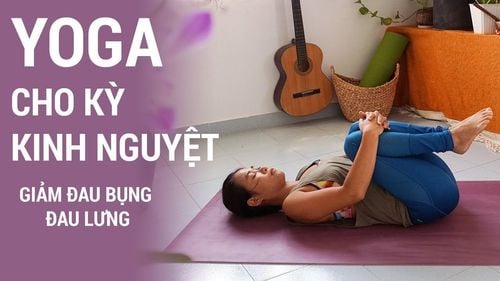This is an automatically translated article.
A question many people are interested in is when is the best time to practice yoga, early in the morning, before bed or some other time? In fact, according to different points of view, the time to practice yoga can be any time of the day.1. When is the best time to practice yoga?
1.1 Flexible time To put it simply, the best time to practice yoga is the time that works best for the practitioner. Because the key to accessing all of the benefits of yoga is to practice yoga consistently over time and ensure the practice is as long as possible. To do so, practitioners need to set a time to practice yoga to suit their lifestyle and schedule. Accordingly, the training time may change if the practitioner's life changes.
For example, practitioners can go to yoga classes right after work at the office. However, after having children, it is more convenient to practice yoga at the time after sending the children to school. It doesn't even matter if the practitioner chooses to practice yoga at different times on different days, as long as there is a sustainable exercise routine. Therefore, one advice for practitioners is to let yoga fit into their schedule instead of trying to adjust other tasks according to the yoga schedule.
MORE: How long should I practice yoga after eating?
1.2 Do early morning yoga or do yoga before bed Some other views favor early morning yoga, if possible, before sunrise. Practicing yoga in the evening or before going to bed is also chosen by many people. In fact, each has its own advantages.
Specifically, exercising in the morning before breakfast helps practitioners have enough energy and concentration to improve work performance throughout the day. Practicing yoga in the evening helps to eliminate fatigue and stress throughout the day, helping to relax better. However, note that before practicing yoga, the intestines need to be cleaned.
MORE: Yoga before bed: Benefits and poses to try
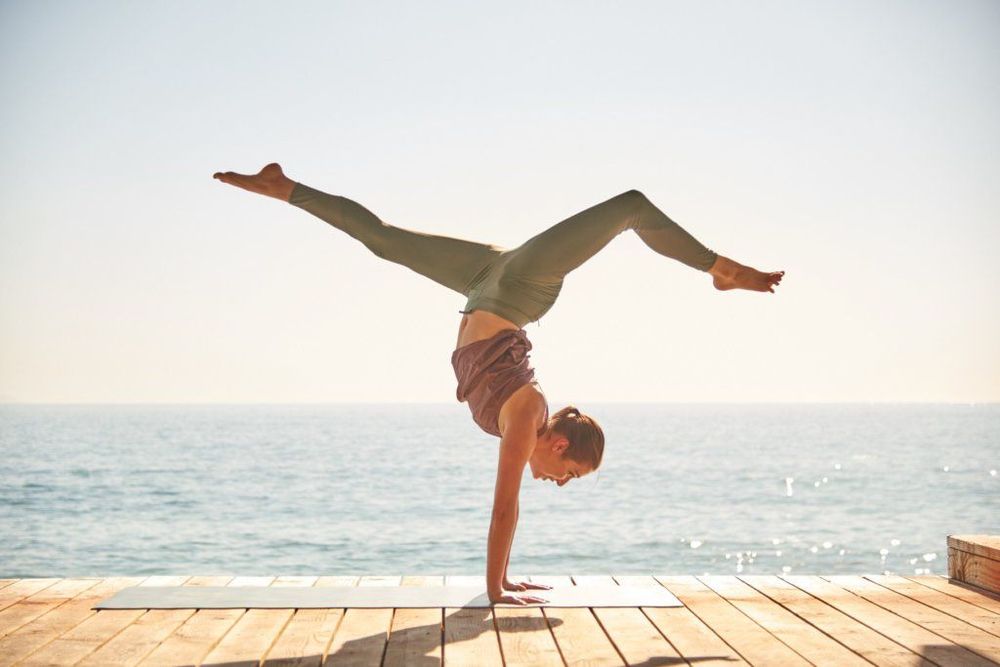
Tập yoga vào sáng sớm cũng đem lại rất nhiều lợi ích
1.3 Time to practice yoga for each specific type of yoga With each specific type of yoga, there will be different times to practice, specifically:
Yoga Asana: Can practice at any time of the day, except within 2 - 3 hours after eating. Practitioners can perform yoga Asana poses when the body feels tight, tense, tired. Note, do not perform excessively stimulating postures when preparing to go to sleep; Yoga Pranayama: Can be practiced at any time of the day, except within 2-3 hours after a meal. Pranayama yoga practitioners can practice when stressed, tired or when the space is not large enough to perform the poses. Pranayama is best done after doing Asanas; Meditation: Can be done at any time of the day when the practitioner feels both alert and relaxed. For best results, do not meditate for 2-3 hours after eating, when drowsy or when mentally excited; Yoga Nidra: Can be done at any time of the day, even right after a meal, as long as the practitioner does not fall asleep while practicing. However, you should not practice Yoga Nidra when feeling tired and sleepy because the most benefit is when the practitioner feels relaxed and fully awake. SEE ALSO: What should I eat after practicing Yoga?
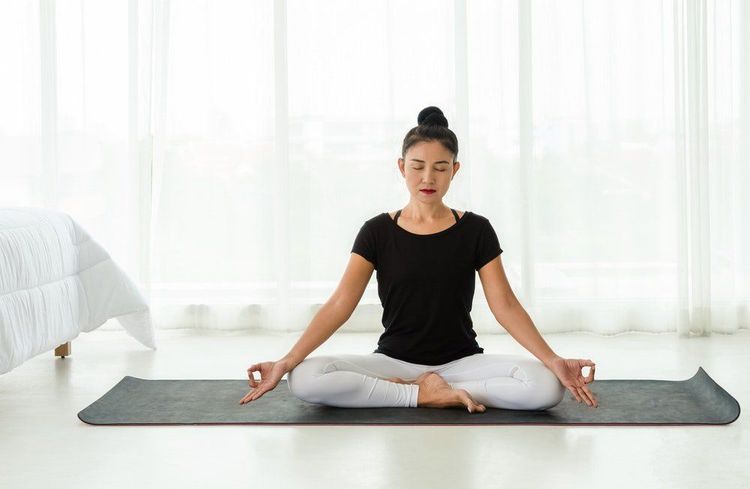
Tập yoga vào buổi sáng và buổi tối là thiết thực nhất đối với những người đi làm
2. Some notes when practicing yoga
For yoga to have the best effect, yoga practitioners need to pay attention to the following issues:
Finding the right time of day is an especially important requirement for those who practice yoga at home. Accordingly, practicing yoga in the morning and evening is the most practical for people who go to work; The best place to practice yoga is a place with fresh, quiet and clean air, suitable for the concentration of yoga; Do not practice yoga in direct sunlight or after sunbathing. You can practice outdoors but need to avoid cold wind and insects; During the practice of yoga, the practitioner should try to maintain his or her feelings about what he or she is doing, regardless of other people in the classroom or outside; Practice slowly and carefully, following the exact instructions of the teacher; Without overexertion or stress, take a short break in between each workout. If you feel uncomfortable, the practitioner can stop at any time; Always inhale and exhale through your nose; Never practice any yoga techniques while drinking alcohol or taking drugs that affect the nervous system; Persons with disabilities, with serious, acute or chronic medical conditions should consult with their doctor and yoga teacher to assess any risks that may arise during the practice; Exercise equipment: Suitable yoga mat, loose and comfortable clothes, removing glasses and cumbersome jewelry,... Depending on life schedule, each person will set up a suitable yoga time for themselves. best for yourself. The most important thing is that the practitioner needs to make yoga a habit to maintain a steady practice frequency and reap the greatest benefits of yoga.
Please dial HOTLINE for more information or register for an appointment HERE. Download MyVinmec app to make appointments faster and to manage your bookings easily.
Reference sources: verywellfit.com, healthandyoga.com



